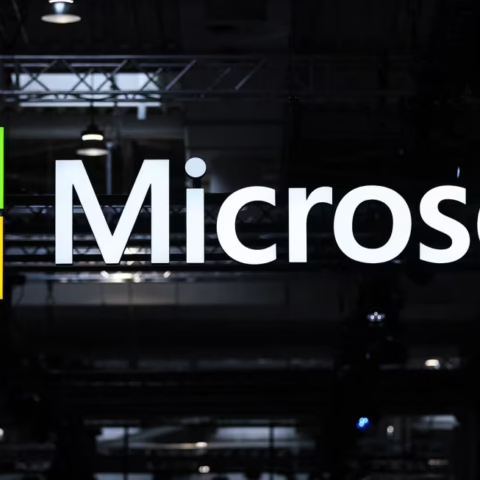Microsoft has decided to abandon its board observer seat at OpenAI, which has attracted regulatory scrutiny in Europe, Britain, and the U.S. The tech giant stated that the seat was no longer necessary following significant improvements in OpenAI’s governance over the past eight months.
Contrary to expectations, Apple will not be assuming the observer role on OpenAI’s board, as reported by the Financial Times. Apple did not react to requests for comment on the matter.
New Engagement Approach by OpenAI:
OpenAI plans to establish a new engagement approach, including regular stakeholder meetings with strategic partners like Microsoft and Apple and investors such as Thrive Capital and Khosla Ventures.
Microsoft took a non-voting observer position on OpenAI’s board in November last year, coinciding with Sam Altman’s return as CEO. This position allowed Microsoft access to board meetings and confidential information but did not grant voting rights.
Antitrust Concerns:
The observer seat and Microsoft’s substantial investment of over $10 billion in OpenAI raised concerns among antitrust watchdogs in multiple countries over the extent of Microsoft’s influence on OpenAI.
Microsoft cited OpenAI’s progress in forming new partnerships, driving innovation, and expanding its customer base under Altman’s leadership as reasons for relinquishing the observer seat.
Competitive Dynamics and Expansion:
While EU antitrust regulators recently determined that Microsoft’s partnership with OpenAI did not trigger merger rules, concerns remain among British and U.S. regulators regarding Microsoft’s influence and OpenAI’s independence.
Microsoft and OpenAI compete in the enterprise AI market, aiming to demonstrate their independence and address antitrust concerns. Microsoft is also expanding its AI offerings on Azure and recently appointed Inflection’s CEO to lead its consumer AI division.




















